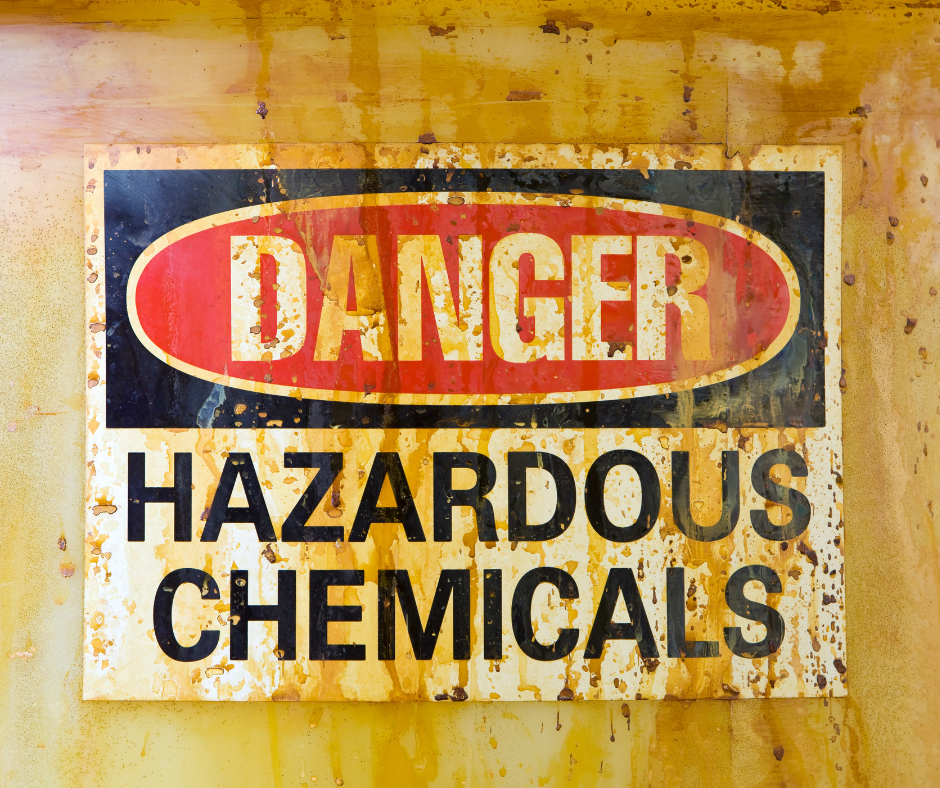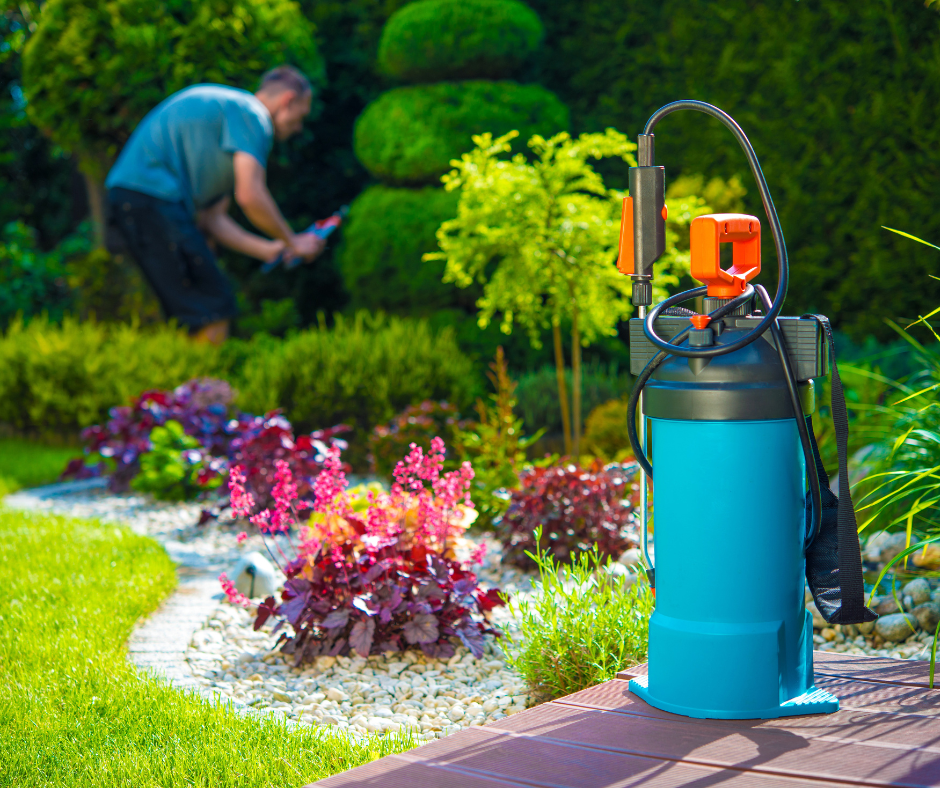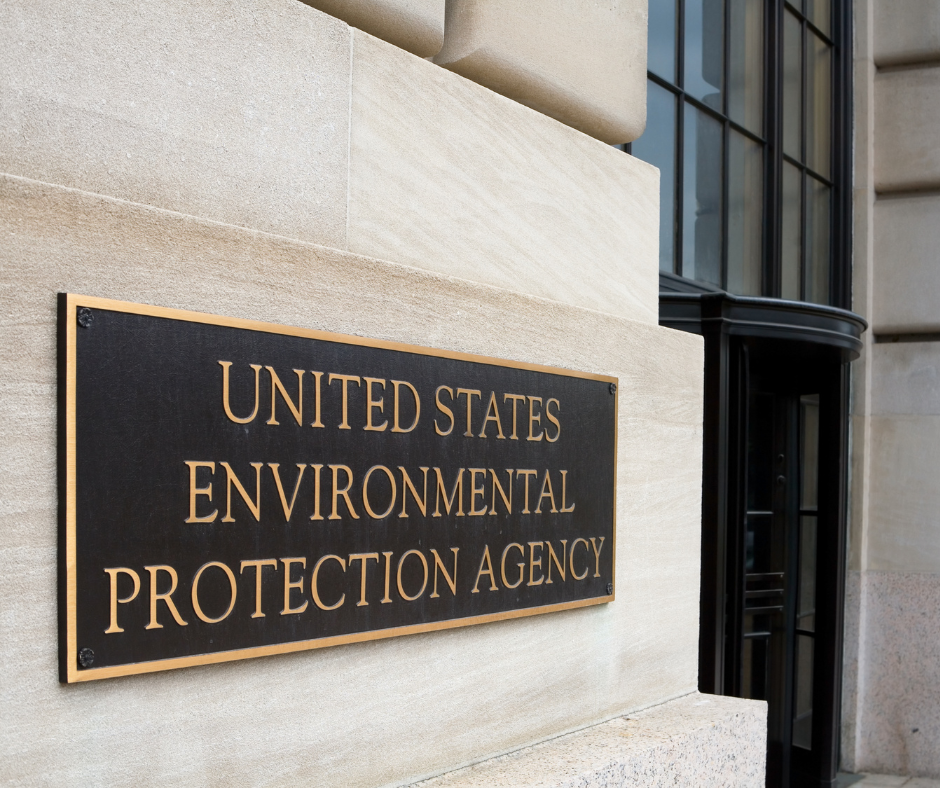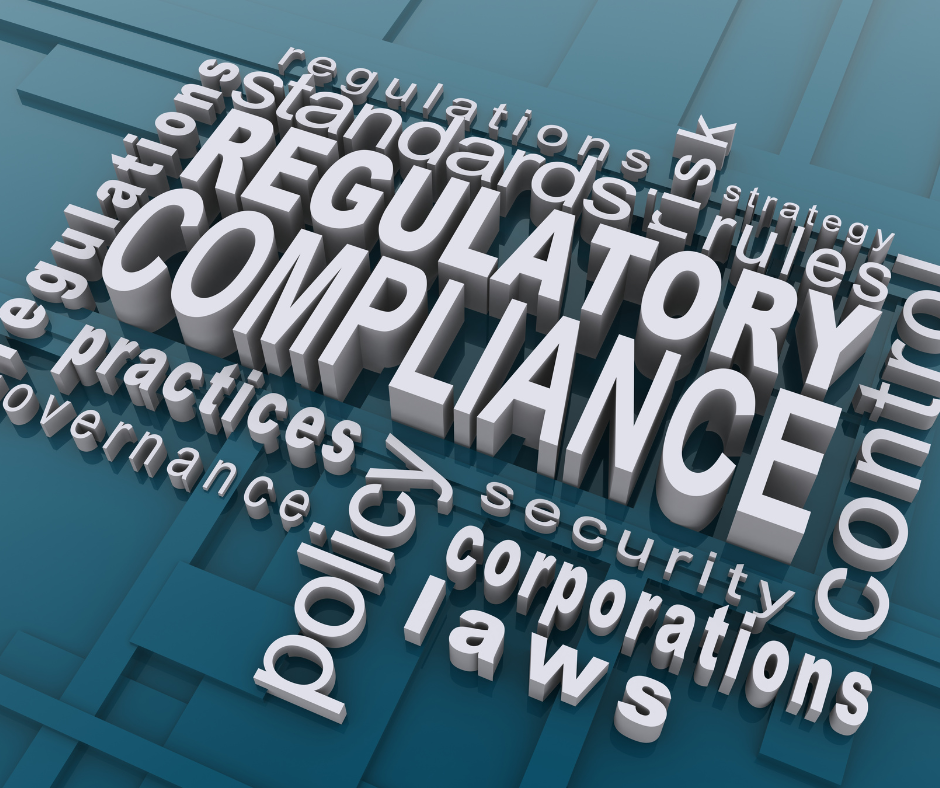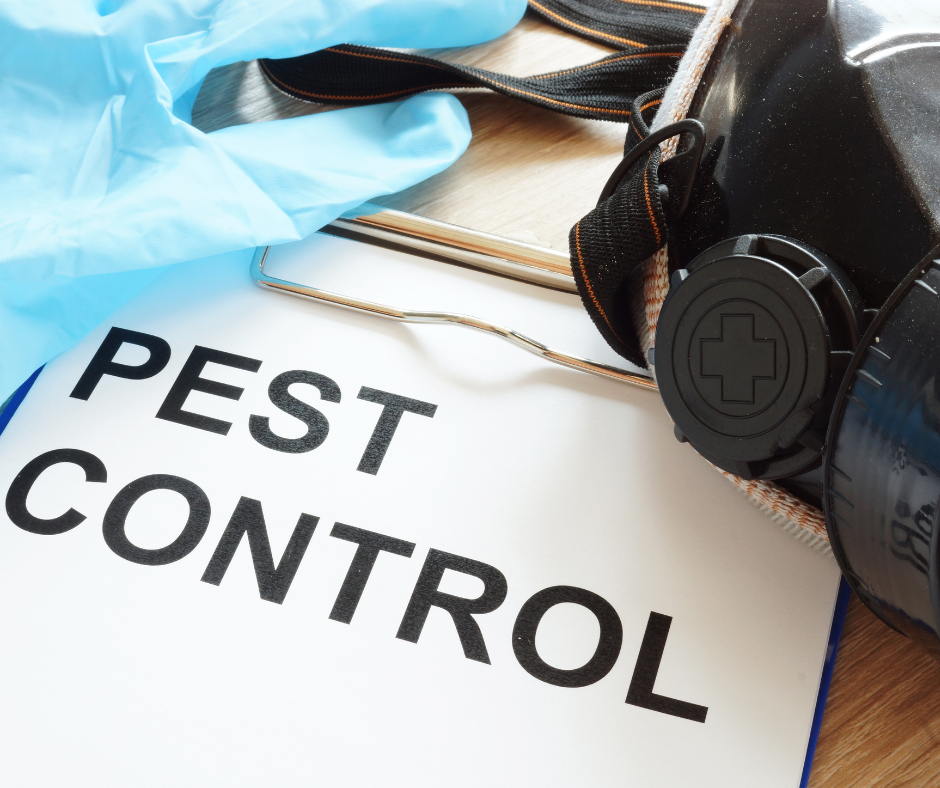The pest control chemical manufacturing industry is a critical component of the agricultural sector, providing products that help protect crops and control pests. With the global population projected to reach nearly 10 billion by 2050, the demand for food and crop protection is expected to increase significantly. This creates opportunities for the pest control chemical manufacturing industry to grow and expand its markets.
In this section, we will discuss some of the key opportunities facing the pest control chemical manufacturing industry:
- Key Opportunities Facing the Pest Control Chemical Manufacturing Industry
- Increasing Demand
- Technological Advancements
- Government Regulations
- Globalization
- Public Awareness
- Collaborative Partnerships
- Increasing Demand
- Technological Advancements
- Government Regulations
- Globalization
- Public Awareness
- Collaborative Partnerships
- Challenges in the Pest Control Chemical Manufacturing Industry
- Regulatory Compliance
- Resistance
- Environmental Concerns
- Competition
- Cost
- Public Perception
- Conclusion on challenges in
- Key Takeaways
Key Opportunities Facing the Pest Control Chemical Manufacturing Industry
Increasing Demand
The growing global population is driving increased demand for food and crop protection. According to the United Nations, the global population is expected to reach 9.7 billion by 2050, up from 7.7 billion in 2019. This increase in population is expected to lead to a significant increase in demand for food and agricultural products.
In addition to population growth, there is also an increasing demand for organic and sustainably produced food. This trend is driven by consumer preferences for healthier and more environmentally friendly products. As a result, there is an opportunity for the pest control chemical manufacturing industry to develop products that are safer and more environmentally friendly, while still being effective at controlling pests and protecting crops.
Technological Advancements
Advances in technology have created new opportunities for the pest control chemical manufacturing industry. For example, the development of new chemical formulations and delivery systems has allowed companies to create more effective and targeted pest control products.
In addition to chemical advancements, technology has also led to the development of precision agriculture techniques, which allow farmers to use data and analytics to optimize crop yields and minimize the use of pesticides. This trend is expected to continue, creating new opportunities for pest control chemical manufacturers to develop products that are tailored to the specific needs of farmers and crops.
Government Regulations
Government regulations regarding the use of pesticides have become increasingly strict in recent years, due to concerns about environmental and human health impacts. While these regulations can create challenges for the pest control chemical manufacturing industry, they also create opportunities for companies that can develop safer and more environmentally friendly products.
For example, the European Union has implemented strict regulations on the use of pesticides, including the banning of certain chemicals. This has created an opportunity for companies to develop products that are compliant with these regulations and meet the needs of European farmers and consumers.
Globalization
The globalization of agriculture presents an opportunity for the pest control chemical manufacturing industry to expand its markets and reach new customers in different regions of the world. For example, the growing middle class in Asia is driving an increase in demand for food and agricultural products, creating new opportunities for pest control chemical manufacturers to expand into these markets.
In addition to expanding into new markets, globalization also allows companies to leverage their expertise and resources across different regions of the world, improving their competitiveness and ability to innovate.
Public Awareness
Increased public awareness of the importance of food safety and environmental sustainability is creating new opportunities for the pest control chemical manufacturing industry. Consumers are increasingly interested in knowing where their food comes from and how it is produced, creating a demand for safer and more environmentally friendly products.
This trend is also creating opportunities for companies that can develop products that are tailored to the needs of specific consumer segments, such as those interested in organic or locally produced food.
Collaborative Partnerships
Collaborative partnerships between the pest control chemical manufacturing industry and other stakeholders, such as farmers, retailers, and environmental groups, can create new opportunities for innovation and growth. For example, partnerships between pest control chemical manufacturers and farmers can help to identify the specific pest control needs of different crops and regions, leading to the development of more effective and targeted products.
Similarly, partnerships between pest control chemical manufacturers and environmental groups can help to identify ways to minimize the environmental impact of pesticides, while still achieving effective pest control.
Conclusion on the opportunities of pest control chemical manufacturing industry
The pest control chemical manufacturing industry is facing several significant opportunities that can drive growth and innovation in the industry. By leveraging these opportunities, companies can develop products that are safer, more effective, and more environmentally friendly, while also expanding into new markets and meeting the changing needs of their customers. These opportunities include increasing demand for food and crop protection, technological advancements, government regulations, globalization, public awareness, and collaborative partnerships. By embracing these opportunities and developing innovative solutions, pest control chemical manufacturers can play a critical role in protecting crops, ensuring food security, and promoting sustainable agriculture.
Challenges in the Pest Control Chemical Manufacturing Industry
While there are many opportunities in the pest control chemical manufacturing industry, there are also several significant challenges that must be addressed. These challenges can impact the growth and profitability of the industry, as well as its ability to develop and produce safe, effective, and sustainable pest control solutions. Here are some of the key challenges facing the pest control chemical manufacturing industry:
Regulatory Compliance
One of the biggest challenges for pest control chemical manufacturers is regulatory compliance. The use of pesticides is heavily regulated by government agencies around the world, and companies must comply with a wide range of regulations and standards to ensure the safety and efficacy of their products.
For example, the registration process for pesticides can be lengthy and expensive, requiring extensive testing and documentation to demonstrate safety and efficacy. In addition, regulations may differ between countries and regions, creating additional challenges for companies that want to sell their products globally.
Resistance
Another major challenge facing the pest control chemical manufacturing industry is resistance. As pests are exposed to pesticides over time, they can develop resistance, which reduces the effectiveness of these products. This can make it more difficult for companies to develop new and effective pest control solutions.
Environmental Concerns
The environmental impact of pesticides is also a significant challenge for the industry. Pesticides can contaminate soil, water, and air, causing harm to non-target species and ecosystems. Additionally, some pesticides are persistent, meaning that they can remain in the environment for years or even decades.
As a result, there is increasing public concern about the use of pesticides and their impact on the environment. This has led to greater scrutiny of the industry and calls for more sustainable and environmentally friendly pest control solutions.
Competition
Competition is also a challenge in the pest control chemical manufacturing industry. There are many companies producing pest control solutions, and competition can be intense, particularly in mature markets. This can make it difficult for companies to differentiate themselves and maintain profitability.
Cost
Cost is another challenge in the industry. Developing and producing safe and effective pest control solutions can be expensive, and companies must balance the need for profitability with the need to develop affordable products. Additionally, the cost of compliance with regulations and standards can be significant.
Public Perception
Finally, public perception can also be a challenge for the industry. As mentioned earlier, there is increasing concern about the impact of pesticides on the environment and human health. This can lead to negative perceptions of the industry and its products, making it more difficult for companies to maintain customer loyalty and attract new customers.
Conclusion on challenges in pest control chemical manufacturing industry
The pest control chemical manufacturing industry faces several significant challenges, including regulatory compliance, resistance, environmental concerns, competition, cost, and public perception. These challenges can impact the growth and profitability of the industry and make it more difficult for companies to develop safe, effective, and sustainable pest control solutions. However, by addressing these challenges through innovation, collaboration, and a focus on sustainability, the industry can overcome these obstacles and continue to play a critical role in protecting crops, ensuring food security, and promoting sustainable agriculture.
How can Deskera Help You?
Deskera's integrated financial planning tools allow investors to better plan their investments and track their progress. It can help investors make decisions faster and more accurately.
Deskera Books can assist you in automating your accounting and mitigating business risks. Deskera makes it easier to create invoices by automating many other procedures, reducing your team's administrative workload.
Deskera also offers a suite of integrated applications to help businesses manage their financials, inventory, and operations. Furthermore, other business aspects such as HR (Deskera People), CRM (Deskera CRM), and ERP are provided by Deskera. These could be crucial and can help short sellers keep track of their businesses and make better decisions.
Key Takeaways
Opportunities:
- Increasing demand for food and crop protection
- Technological advancements
- Government regulations
- Globalization
- Public awareness
- Collaborative partnerships
Challenges:
- Regulatory compliance
- Resistance
- Environmental concerns
- Competition
- Cost
- Public perception
In conclusion, the pest control chemical manufacturing industry has several opportunities and challenges that must be addressed to drive growth and innovation in the industry. Companies must leverage opportunities such as increasing demand for food and crop protection, technological advancements, and collaborative partnerships, while also addressing challenges such as regulatory compliance, resistance, and environmental concerns. By doing so, the industry can continue to play a critical role in protecting crops, ensuring food security, and promoting sustainable agriculture.
Related Articles
